Avataras
Author:-Annie Besant
ISBN-978-93-81472-29-3
This Books Includes the Following Chapters.
1 What is an Avatara?
2 The Source of and Need for Avataras
3 Some Special Avataras
4 Shri Krishna
₹350.00 ₹395.00
Related products
-
Religion & Philosophy
Beyond Good and Evil Classic Hardback Edition by Friedrich Nietzsche
0 out of 5(0)- ISBN-13 : 978-8182475229
- Page : 162 pages
- Dimensions : 22 x 14 x 1.5 cm
Beyond Good and Evil confirmed Nietzsche’s position as the towering European philosopher of his age. The work dramatically rejects traditional Western thought with its notions of truth and God, good and evil. Nietzsche seeks to demonstrate that the Christian world is steeped in a false piety and infected with a ‘slave morality’. With wit and energy, he turns from this critique to a philosophy that celebrates the present and demands that the individual impose their own ‘will to power’ upon the world.
SKU: n/a -
Religion & Philosophy
The Dawn of Day by Friedrich Nietzsche (H.B)
0 out of 5(0)One of the most important philosophers of the nineteenth century, Friedrich Nietzsche’s influence on modern thought has extended beyond the borders of philosophy. His works have helped shape modern anthropology, psychology, theology, and sociology. Poets, novelists, and artists have also been touched by Nietzsche’s powerful concepts and perspectives. Edited by a noted Nietzsche scholar, this authoritative compendium is a vital assembly of nearly all of Nietzsche’s early works. Marking the advent of his mature philosophy, these aphorisms and prose poems examine the impulses that lead human beings to seek the comforts of religion, morality, metaphysics, and art. Nietzsche proposes greater individualism and personality development, addresses issues of society and family, and discusses visions of free spirits with the courage to be rid of idealist prejudices. Written in his distinctive, often paradoxical style, The Dawn of Day presents practically every theme touched upon in Nietzsche’s later philosophical essays. It is an essential guide and a fundamental basis for the understanding of the great philosopher and his work.
SKU: abhtdod -
Hindi Literature, Religion & Philosophy
Brahaman Sanskriti,Shaastr Aur Shastr : Raghuvansh Rai
0 out of 5(0)isbn : 978-81-8247-348-5
‘Brahman :sanskriti -shaatr aur shastr is based upon hindu culture,hindu religion and thoughts of some great personalities .This book is also based upon study of other religions like islam amd christian .this book can be used as reference book for any relegious based research work.
SKU: n/a

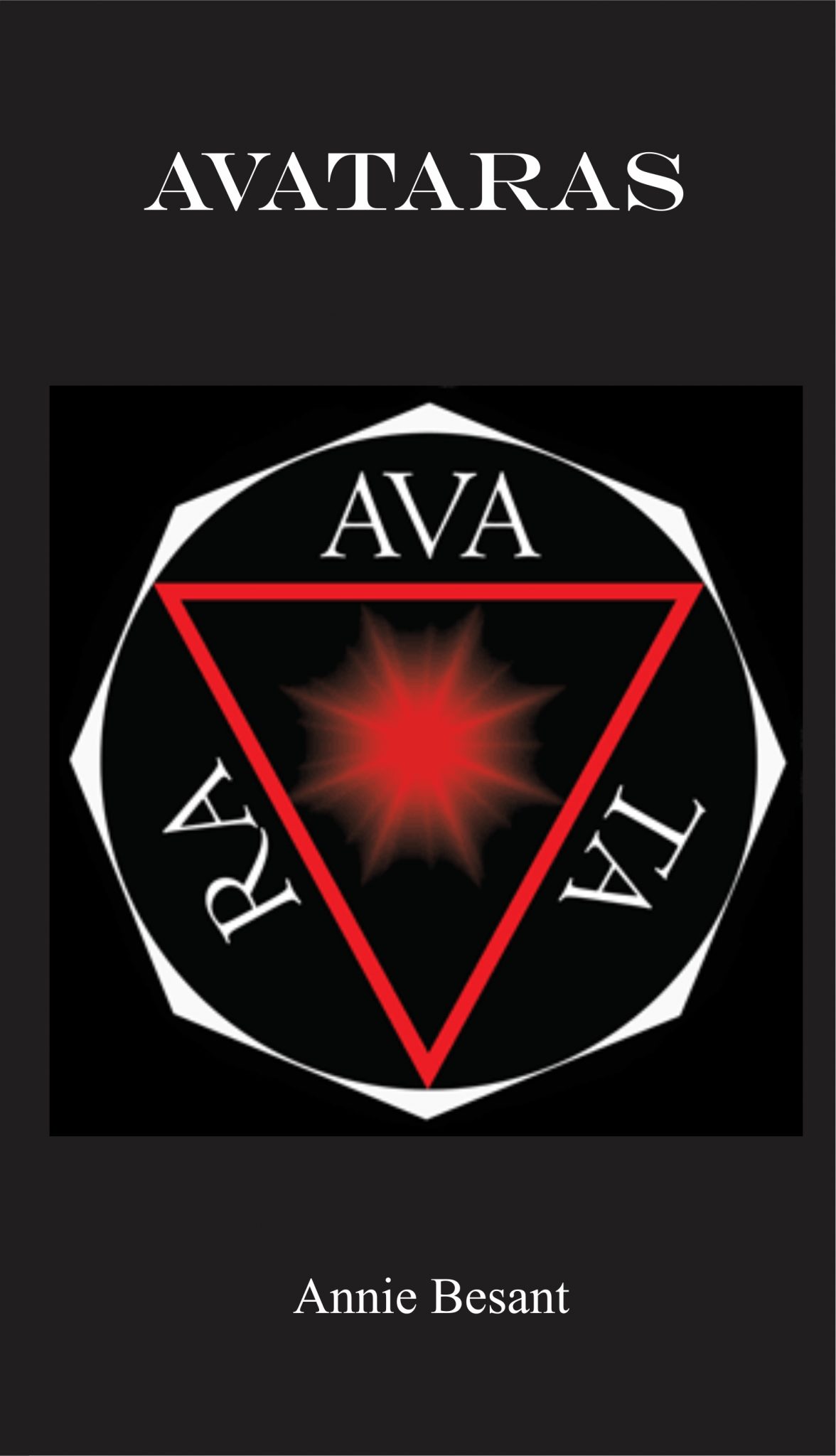
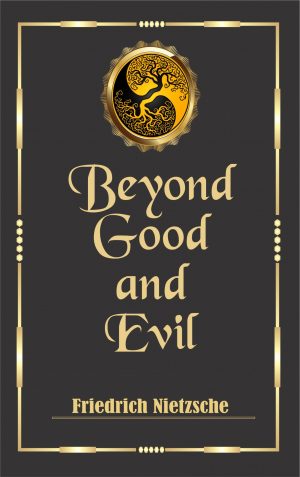
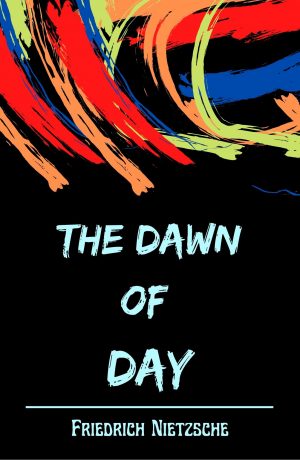
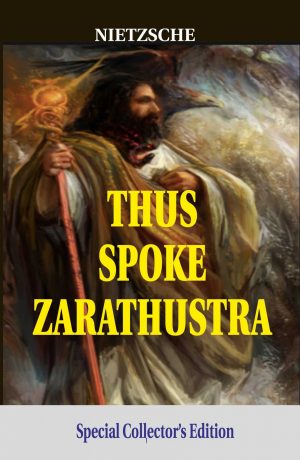
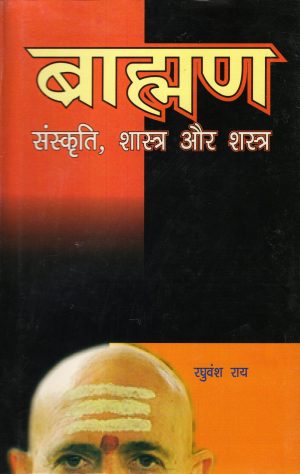
There are no reviews yet.